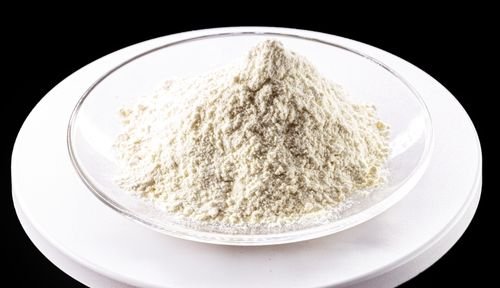Phosphorus is an element that plays an important role in the good functioning of the body. In the body, almost all phosphorus combines with oxygen to form phosphate. Phosphate is one of the body's electrolytes, that is, minerals that are dissolved in body fluids, such as blood. Electrolytes have an electrical charge, but most of the phosphate in the body has no charge.
Bones contain about 85 % of all phosphates in the body. The rest is mainly in the cells, where it is involved in energy production.
Phosphates are necessary for the formation of bones and teeth. Phosphate is also used as a building block for several important substances, including those used by the cell for energy, cell membranes, and DNA (deoxyribonucleic acid).
The body obtains phosphates from food and is eliminated together with urine and sometimes with feces. How much phosphate is in the stool depends on how much is not absorbed from food. Foods high in phosphates include milk, egg yolks, chocolate and soft drinks.

Phosphate levels in the blood can be:
- too high (hyperphosphatemia). Hyperphosphatemia is rare except in people with severely impaired kidney function. The kidneys of these people do not excrete enough phosphates. Dialysis, which is often used to treat kidney dysfunction, is not very effective at removing phosphates and therefore does not reduce the risk of hyperphosphatemia.
- too low (hypophosphatemia)
Hypophosphatemia may be present
- Acute
- Chronic
Acute hypophosphatemia in the case of a sudden dangerous drop in blood phosphate levels. Because the body uses a lot of phosphate during recovery from certain disorders, acute hypophosphatemia can occur in people recovering from the following conditions:
- Malnutrition (including fasting)
- Diabetic ketoacidosis
- severe alcoholism
- Severe burns
- A sudden drop in phosphate levels can cause heart rhythm disturbances and even death.
Chronic hypophosphatemia. In chronic hypophosphatemia, blood phosphate levels become low over time. Chronic hypophosphatemia usually develops because too much phosphate is excreted. The reasons are:
- Hyperparathyroidism
- Chronic diarrhea
- Long-term use of diuretics
- Long-term use of large amounts of aluminum-containing antacids
- Taking large amounts of theophylline (used to treat asthma).











